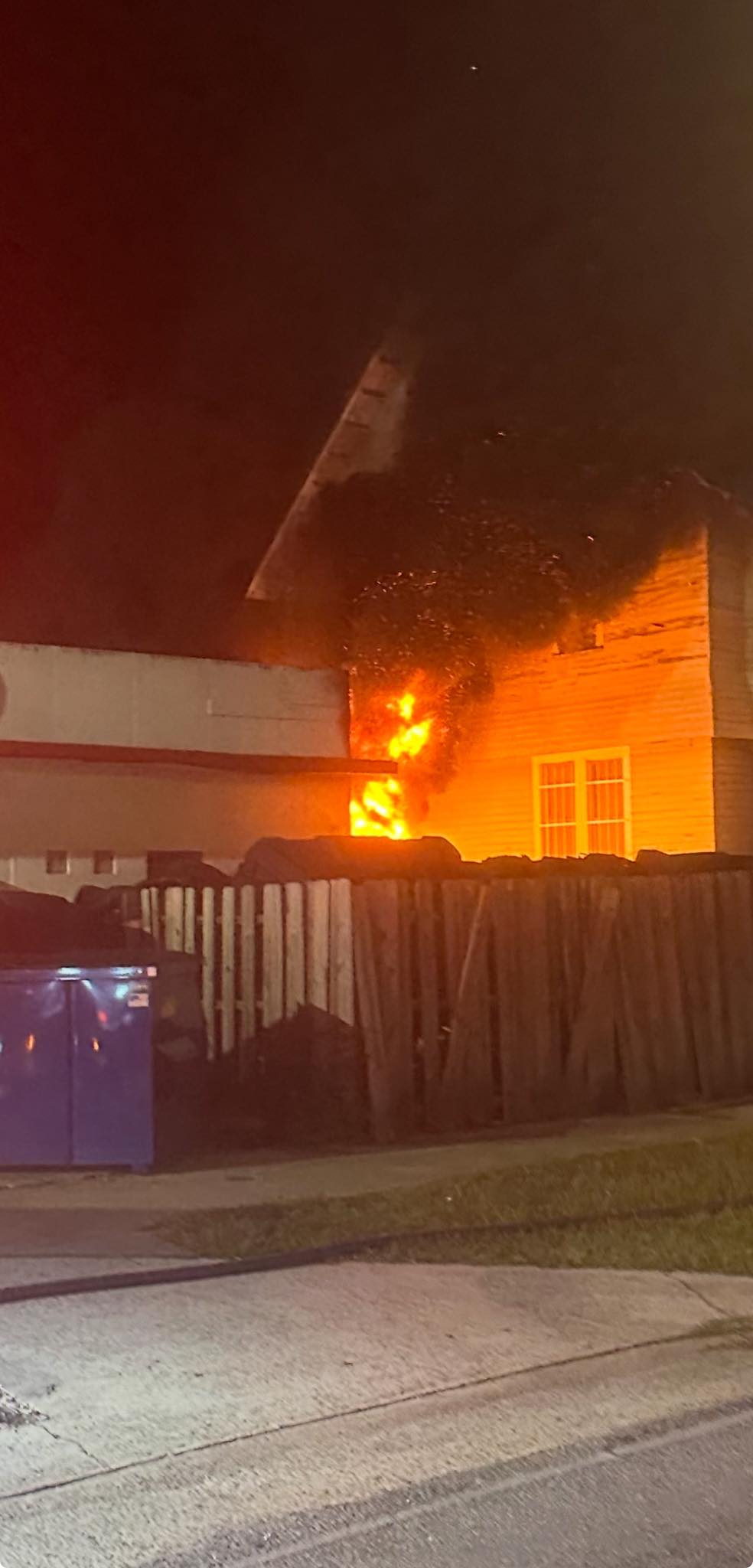Health chief warns of drug overdose increase during pandemic
Published 11:30 am Monday, June 29, 2020

- Dr. Kathleen Toomey, commissioner of the Department of Public Health, addresses new, expanded criteria for getting tested for COVID-19 in Georgia at a press conference on April 13.
ATLANTA — Emergency departments are seeing an increase in suspected drug-overdoses throughout Georgia, leading officials to believe COVID-19 is magnifying the state’s opioid epidemic.
In a June 19 memo to agency partners, Dr. Kathleen Toomey, commissioner of the Department of Public Health, said she was alerting them to be “vigilant about any unusual drug overdose activity” and the department is seeking help to identify if the link between drug overdoses and the pandemic is “truly occurring.”
Trending
“Over the past several weeks, our syndromic surveillance system has picked up increasing drug overdose-involved Emergency Department visits throughout Georgia,” the memo reads.
The state’s “syndromic surveillance system” that monitors data from hospitals across Georgia sorts ER visits into similar illnesses or syndromes to monitor for changes in health trends. The department says it monitors the data daily to pick our suspected drug overdose increases or identify new “bad batches” of drugs circulating through communities.
In the past nine weeks, beginning April 4, the system has detected a 3% average weekly increase of emergency room visits involving drug overdoses, the memo reads. During an 11-week period beginning March 3, officials have seen a 5.9% average weekly increase of opioid-involved visits and a 6.4% average weekly increase of suspected heroin-involved visits.
According to the memo, numbers for fentanyl-involved overdose deaths in Georgia have had a 17% increase in the current five-month period — December 2019 through April 2020 — compared to the previous five-month period.
Nancy Nydam, spokesperson for the department, said its contacts at the Centers for Disease Control and Prevention have reported other places across the country seeing similar trends as well as the national drug overdose average increasing.
Local health departments have not yet reported similar trends, she said.
Trending
The memo says the department is looking to verify the link between increased overdoses and the pandemic before “initiating further public health response.”
Nydam said this could include launching an investigation with public health districts to identify potential overdose clusters and communities with individuals at risk of drug overdose.
“If a cluster is identified, additional public health response may include synchronizing overdose cluster response among relevant partners, assessing availability of naloxone, and/or alerting the public about potential ‘bad batches’ of drugs and how individuals can best protect themselves,” Nydam said in an email.
But in the tight budget-climate, the Department of Public Health faces funding cuts while battling coronavirus — let alone a new wave of drug overdoses on top of the state’s already existing opioid crisis.
‘An epidemic within the pandemic’
Members of the addiction recovery community were not surprised at the news in the memo.
Jeff Breedlove, an advocate for addiction recovery, said the memo sent from Georgia’s top health official validated the unique challenges people in recovery have faced for months during the pandemic.
“We knew that isolation was the number one problem for people in the beginning of addiction or in recovery. It’s the biggest threat,” he said. “The worst is yet to come for mental health and substance abuse disorder for the people of Georgia.”
Breedlove said the “Warm Line” — a state hotline for individuals seeking help with substance abuse disorder or recovery — has seen upwards of a 65% increase in calls daily since the pandemic began and the numbers continue to rise.
In March, calls were up about 20% on the line.
But not only have calls increased, the intensity and level of crisis have increased, he said.
“Every day that COVID-19 continues more and more lives are at risk,” Breedlove said. “Every day that we don’t strengthen and enhance the recovery community in Georgia is a day that we’re hurting the workforce in Georgia, we’re making it harder for local law enforcement and the local medical community. And we’re making it harder for families to stay together.”
Neil Campbell, the executive director of the Georgia Council on Substance Abuse, said the loss of social connection due to businesses closing, social distancing and self-isolation has a large impact on the success of recovery.
Those in early recovery, she said, are particularly “fragile.”
“People with substance use disorders or mental illness, have vulnerabilities during this time because one of the things that helps with our recovery the most is social connection,” Campbell said. “So just sitting in a room and being by yourself — sure you can be sober — but are you really in recovery unless you’re interacting with people and living your life?”





